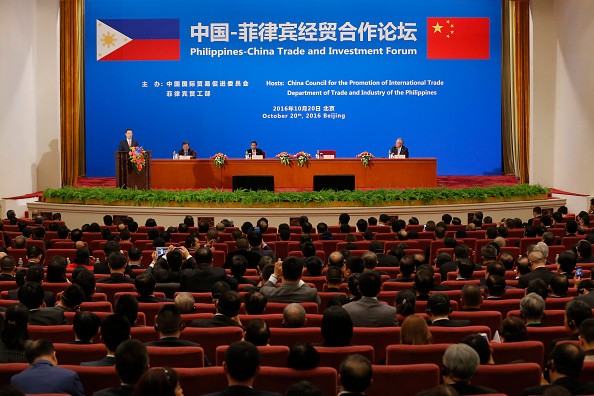Due to great advantages in language and culture as well as better bilateral relations, professionals from Southeast Asian countries are becoming more appealing for the Chinese job market. This includes professionals from Vietnam, Malaysia and the Philippines.
Sixto Julio Piso, a teacher who rendered 10 years of service in the Philippines, experienced a lot of rejection and disappointment on her journey to landing a job in China. This is because of a current dispute between China and the Philippines with regards to the South China Sea.
She said: “Every time I was rejected by a school or training center, I would say how I wish that the Philippines was in good terms with China, so we must have avoided such negative issues happening now.”
Piso was then very pleased after hearing that Rodrigo Duterte, President of the Philippines, set aside the dispute for the moment and visited China to build a stronger bilateral relationship. Thirteen treaties were signed during the visit, which covered economic cooperation, tourism, trade, and agriculture, among others.
Malaysia’s relationship with China has also improved in the recent years. Premier Najiv Razak, the current Prime Minister of Malaysia, also visited China for building stronger ties this November. Fourteen treaties were signed during the visit.
Will Fung, a Beijing-based lawyer and the vice chairman of the Malaysian Chamber of Commerce and Industry in China, is currently busy organizing a forum to discuss the impact of the recently signed treaties between Malaysia and China.
Foreign job opportunities open for Southeast Asian professionals once they enter the Chinese job market, thanks to the One Belt, One Road initiative. It is China’s program that focuses on enhancing the country’s connectivity to Eurasia.
Richard King, senior managing director at an international recruitment company, said that “they have seen a greater demand for human resource managers, IT specialists and finance professionals from Southeastern Asian countries.”
Experts and Southeast Asians are optimistic about these future career prospects due to their countries' improved bilateral relationship with the Asian giant.



























